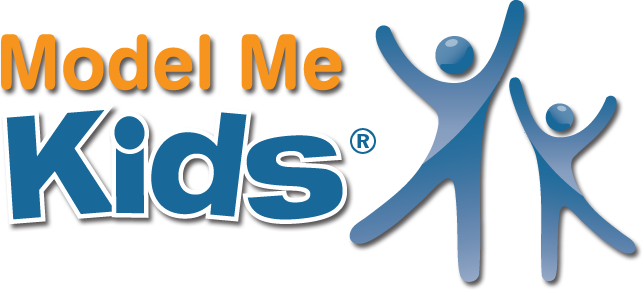Neurodiversity and Social Skills: Embracing Both
There are differences among us, and that is a natural part of human diversity. Those differences should be both respected and valued. At the same time, there is also a vital need to equip individuals with neurodivergent traits with the social skills necessary to navigate the world. Balancing these two goals is essential for fostering inclusive and supportive environments.
Neurodiversity
Neurodiversity is the idea that neurological differences are to be recognized and respected as any other human variation. Autism, for example, is not a deficit, but a unique way of thinking and processing the world. Embracing neurodiversity means acknowledging that everyone has different strengths and challenges and that diversity should be celebrated rather than stigmatized.
The Importance of Social Skills
While celebrating neurodiversity is crucial, it’s equally important to recognize that social skills are an essential part of daily interactions and relationships. For neurodivergent individuals, navigating social situations can be particularly challenging due to differences in communication styles, sensory processing, and social cues interpretation. Teaching social skills provides these individuals with the essential tools they need to interact more confidently in various social settings.
Balancing Acceptance and Skill Development
Here are a few suggestions for honoring neurodivergence and at the same time equipping those individuals with important social skills.
Celebrate Strengths and Interests:
Emphasize the unique strengths and interests of neurodivergent individuals. Whether it’s a deep knowledge of a particular subject, creative problem-solving abilities, or exceptional attention to detail, these strengths should be celebrated and utilized as a foundation for learning and growth.
Personalized Social Skills Training:
Social skills training should be personalized to meet the individual needs of each person. This involves understanding their specific challenges and strengths and tailoring interventions accordingly. For example, role-playing, social stories, and visual aids can be effective tools for teaching social skills in a way that resonates with the individual.
Foster a Supportive Environment:
Create environments that are accepting and accommodating of neurodivergent individuals. This includes promoting awareness and understanding among peers, teachers, and employers. A supportive environment can reduce anxiety and provide a safe space for practicing and developing social skills.
Encourage Self-Advocacy:
Teach neurodivergent individuals to advocate for themselves and their needs. Self-advocacy skills empower them to communicate their preferences, set boundaries, and seek accommodations when necessary. This fosters a sense of autonomy and confidence.
Incorporate Technology:
Utilize technology to support social skills development. There are numerous apps and online programs designed to teach social skills through visual and engaging activities. These can be particularly helpful for individuals who are more comfortable with digital learning.
Promote Peer Support:
Encourage peer support and mentorship programs where neurodivergent individuals can connect with others who share similar experiences. Peer support can provide valuable social learning opportunities and a sense of community.
Conclusion
Honoring neurodivergence can and should include teaching social skills. Both are possible! With a balanced approach that values and respects neurological differences while providing the necessary tools for social interaction, both are achievable. By celebrating strengths, personalizing interventions, fostering supportive environments, encouraging self-advocacy, incorporating technology, and promoting peer support, we can create a world where neurodivergent individuals can thrive both personally and socially.
Model Me Kids, LLC
Videos for Modeling Social Skills
www.modelmekids.com


